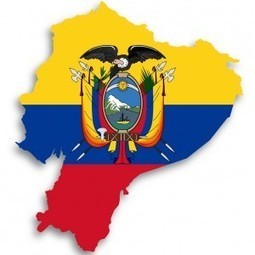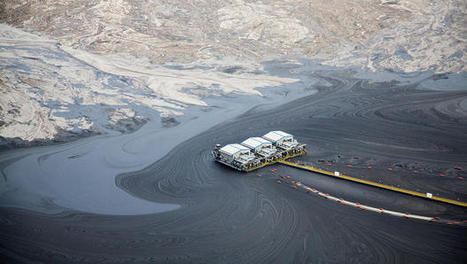Political tensions have reached a point where some brands are perceiving mainstream news outlets as too controversial, leading media buyers to pull ads from those sites.
One campaign manager at a holding group media agency said a major automaker decided last month to stop serving ads in the news category in case the content didn’t align with the brand’s values. Then, after violence erupted in Charlottesville, Virginia, the agency blocked keywords including “Nazis” and “Charlottesville” in programmatic campaigns for the brand. This exec, like the other three media agency executives interviewed for this story, spoke on condition of anonymity due to political sensitivities.
The executive said the blocked news category contains hundreds of publishers, including foxnews.com, which also is the only mainstream news site that has been on the agency’s blacklist since March....



 Your new post is loading...
Your new post is loading...













Political tensions have reached a point where some brands perceive mainstream news outlets as too controversial for their ads.